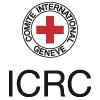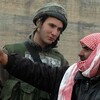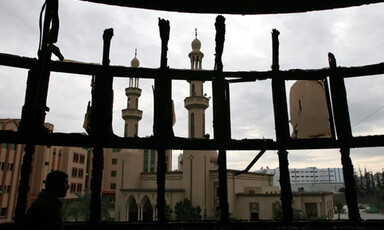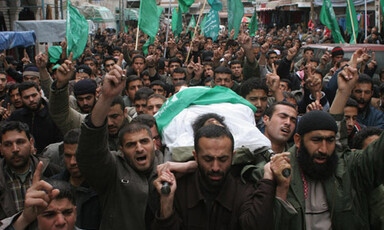
Living in exile in their own land
3 February 2007
In Nu’man, a village of 35 Palestinian families located on Israeli territory, you can hear both a muezzin calling the faithful for prayer in East Jerusalem, and the bells tolling in the Basilica of the Nativity in Bethlehem. But these familiar sounds betray the reality of isolation that the villagers must endure. Families here have always had ties with Bethlehem or the neighbouring rural communities, if not by marriage then by work, school or local politics - Nu’man and its twin village of Al Khas share one village council. Read more about Living in exile in their own land








